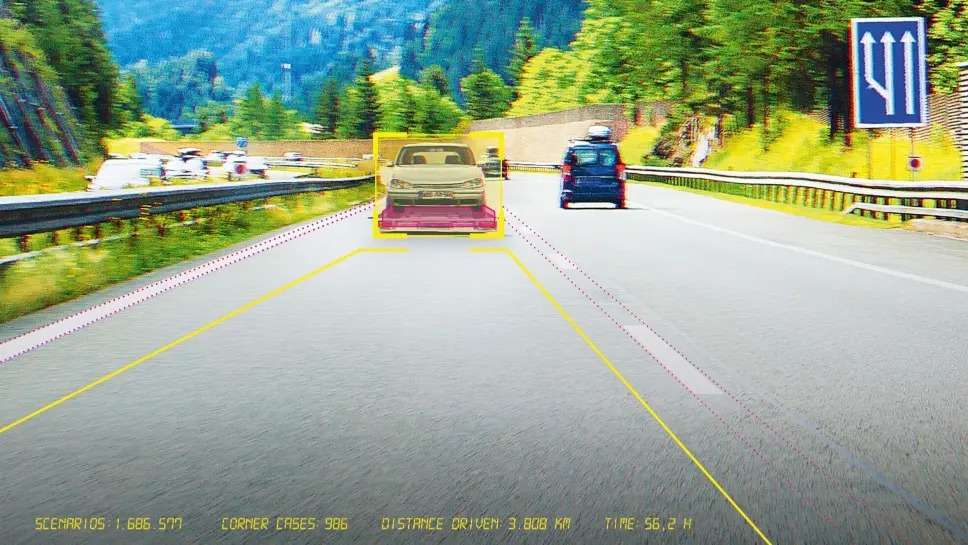Porsche Trains AI to Overcome Autonomous Driving Challenges
Porsche is making significant strides in autonomous driving technology by utilizing artificial intelligence (AI) to enhance its driver-assistance systems. The primary goal is to improve how vehicles handle rare and unpredictable traffic situations, which remain one of the biggest challenges in autonomous driving.
By integrating AI into these systems, Porsche aims to create a more reliable and intelligent driving experience for the future.
Addressing the Limitations of Traditional ADAS
Advanced driver-assistance systems (ADAS) have seen significant advancements in recent years, yet they still struggle with handling unusual road scenarios as efficiently as a human driver. These systems rely on vast amounts of driving data, but they tend to falter when encountering rare occurrences, such as sudden animal crossings, atypical road sign placements, or the presence of flat-bed trucks carrying vehicles.
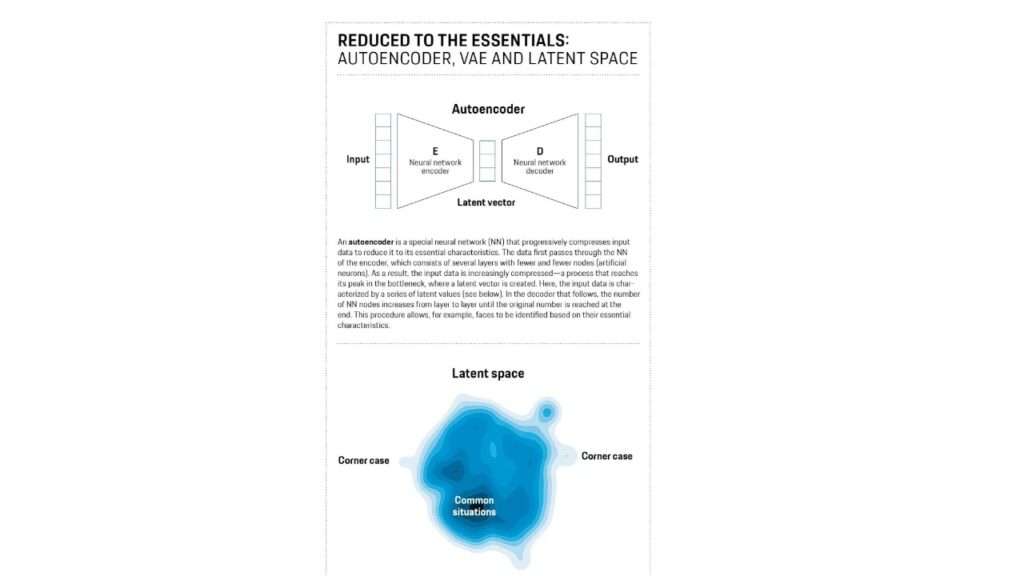
One major challenge with conventional ADAS is their inability to properly interpret certain visual inputs. For example, a flat-bed truck carrying a vehicle may be misidentified as a car moving in the wrong direction. Similarly, lane detection systems can misread snowy road edges as lane markings, leading to incorrect driving inputs.
Since these situations occur infrequently, training ADAS to handle them effectively has proven to be difficult.
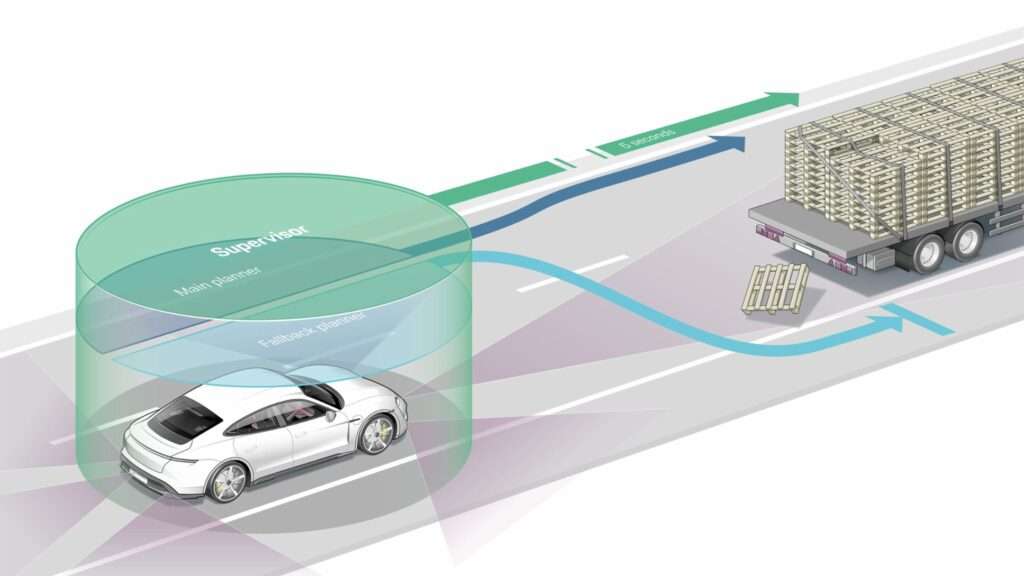
Porsche’s AI-Based Solution
To overcome these challenges, Porsche Engineering has introduced a new AI-driven method that enhances the ability of ADAS to recognize and respond to rare traffic events. At the core of this approach is a type of artificial neural network known as a Variational Autoencoder (VAE). This model is designed to analyze large volumes of sensor and camera data, helping the system differentiate between routine driving conditions and unusual events.
The VAE functions by condensing complex visual and sensory inputs into simplified representations. This allows the AI to focus on identifying rare incidents rather than being overwhelmed by everyday driving scenarios. Essentially, it filters out common occurrences and directs its attention to potential hazards that might otherwise go unnoticed by traditional systems.
Implications for the Future of Autonomous Driving
The introduction of AI-powered learning in ADAS is a major breakthrough. Unlike conventional systems that rely on pre-set rules, Porsche’s AI continuously adapts to new data, refining its responses to unfamiliar road conditions over time. This adaptability significantly enhances the reliability of driver-assistance systems, making them more effective in handling unexpected scenarios.
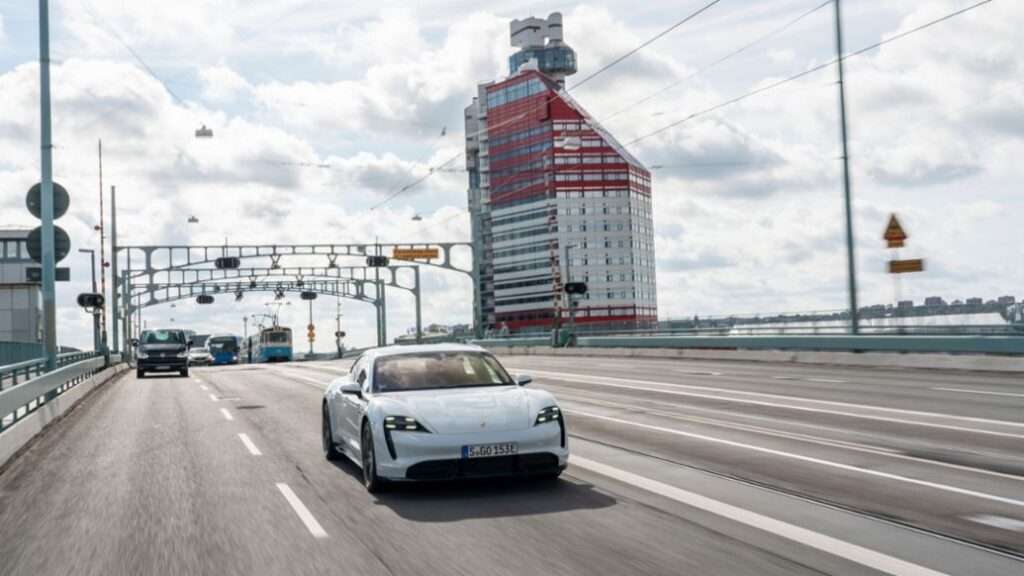
At present, Porsche’s AI model is being trained using recorded data stored in the cloud. The long-term objective, however, is to integrate this technology into real-time driving assistance systems. This will allow Porsche vehicles to process and respond to unpredictable traffic situations dynamically, thereby improving overall road safety.
Global Testing and Future Prospects
To ensure the effectiveness of this AI-driven system, Porsche is conducting tests in multiple regions around the world. According to Arsen Saigoian, Specialist Project Manager in Porsche Engineering’s AI and Big Data division, these trials help identify a wide range of driving anomalies and assess how well the AI’s learning can be transferred across different driving environments.
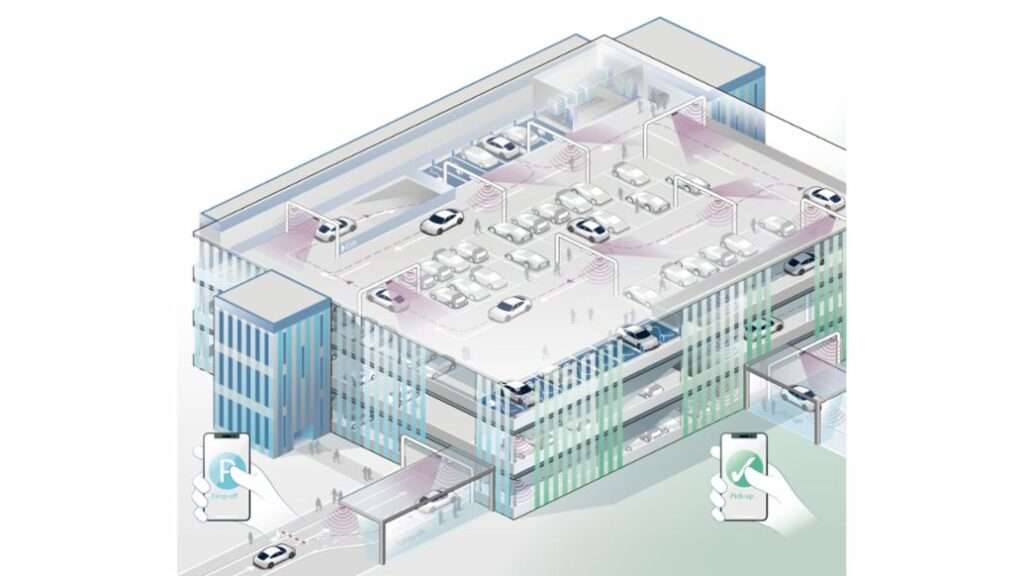
By refining the AI’s ability to detect and react to rare occurrences, Porsche aims to set new industry standards in autonomous driving. If successful, this innovation will not only improve safety for Porsche drivers but also contribute to broader advancements in self-driving vehicle technology.
The Road Ahead
Porsche’s AI initiative marks a crucial step in bridging the gap between human and machine-driven intelligence on the road. By continuously training its driver-assistance systems to recognize and adapt to rare driving situations, Porsche is helping shape a future where autonomous driving is both safer and more efficient.
As technology continues to evolve, Porsche remains committed to pushing the boundaries of innovation, ensuring that its vehicles remain at the forefront of advanced mobility solutions. With AI-powered ADAS improving every day, the future of autonomous driving looks increasingly promising, and Porsche is leading the way in making it a reality.

